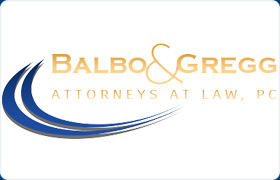Tybee Island Criminal Lawyer, Georgia
Sponsored Law Firm
-
 x
x

Click For More Info:
-
Balbo & Gregg
11258 Ford Avenue, STE 11 P.O. Box 1297 Richmond Hill, GA 31324» view mapCriminal Defense Experienced Criminal Defense Lawyer
Whether you are facing potential jail time, expensive fines, or an embarrassing mark on your criminal record, you can turn to our firm for help.
800-810-9681
Daryl J. Walker
✓ VERIFIEDCriminal, DUI-DWI, Accident & Injury, Estate, Power of Attorney
Aggressively Fighting for You and Your Family
Daryl Walker proudly serves Savannah, Georgia and the neighboring communities in the areas of criminal, DUI-DWI, accident & injury, and estate law.
Jonathan Hunt
✓ VERIFIEDAccident & Injury, Criminal, Divorce & Family Law, Motor Vehicle, Estate
Jonathan Hunt is a practicing lawyer in the state of Georgia specializing in Personal Injury, Domestic, Criminal, Probate and Real Estate Law.
FREE CONSULTATION
CONTACTFREE CONSULTATION
CONTACTBobby Phillips
Felony, Legal Malpractice, Car Accident, Criminal
Status: In Good Standing Licensed: 54 Years
FREE CONSULTATION
CONTACTFREE CONSULTATION
CONTACT Chester Gregg Richmond Hill, GA
Chester Gregg Richmond Hill, GA AboutBalbo & Gregg
AboutBalbo & Gregg Practice AreasExpertise
Practice AreasExpertise


